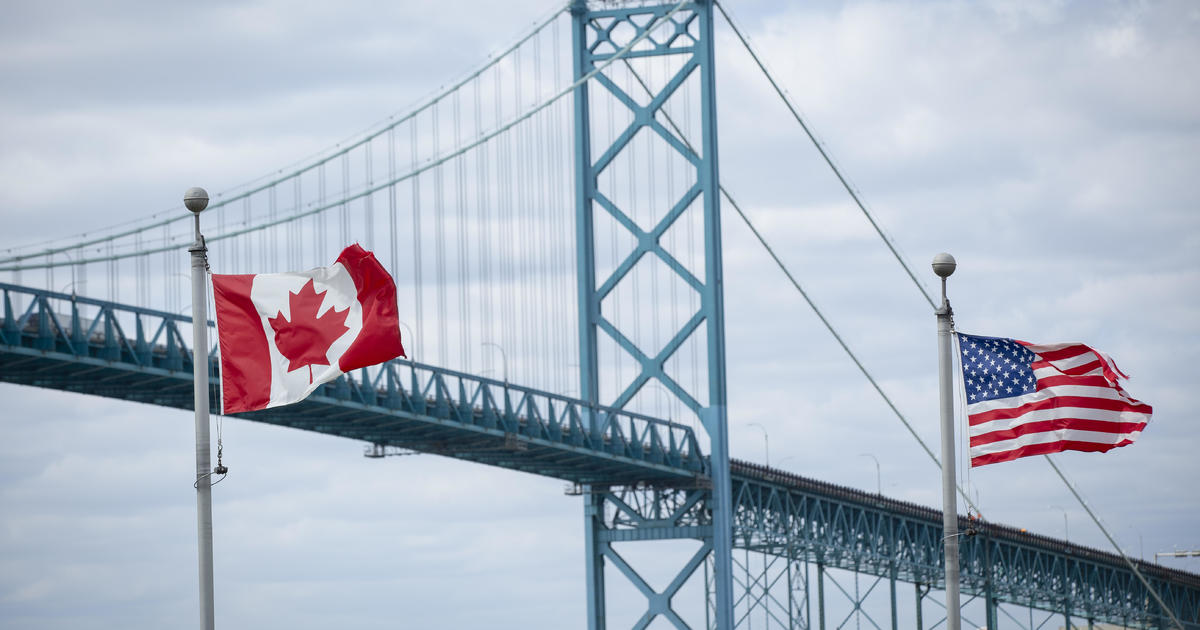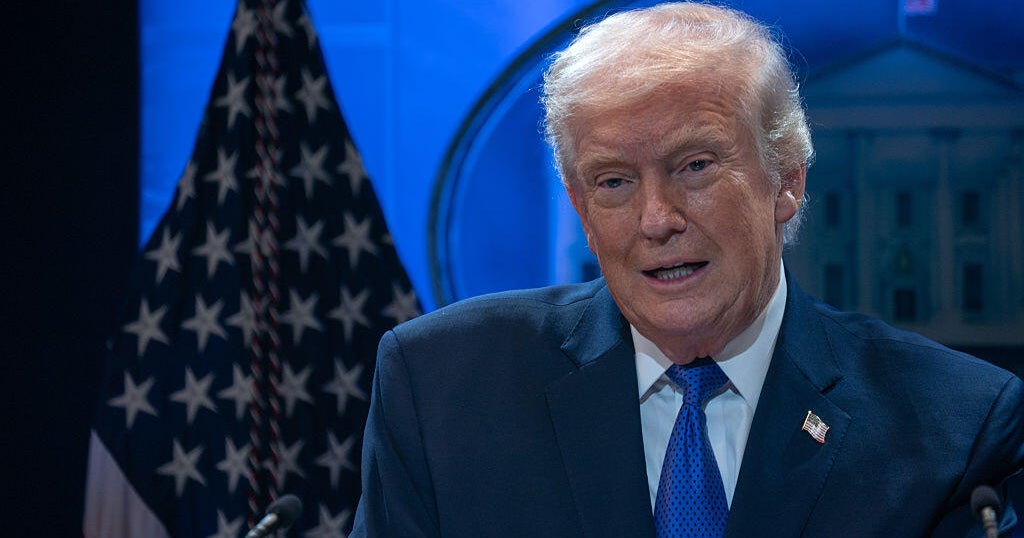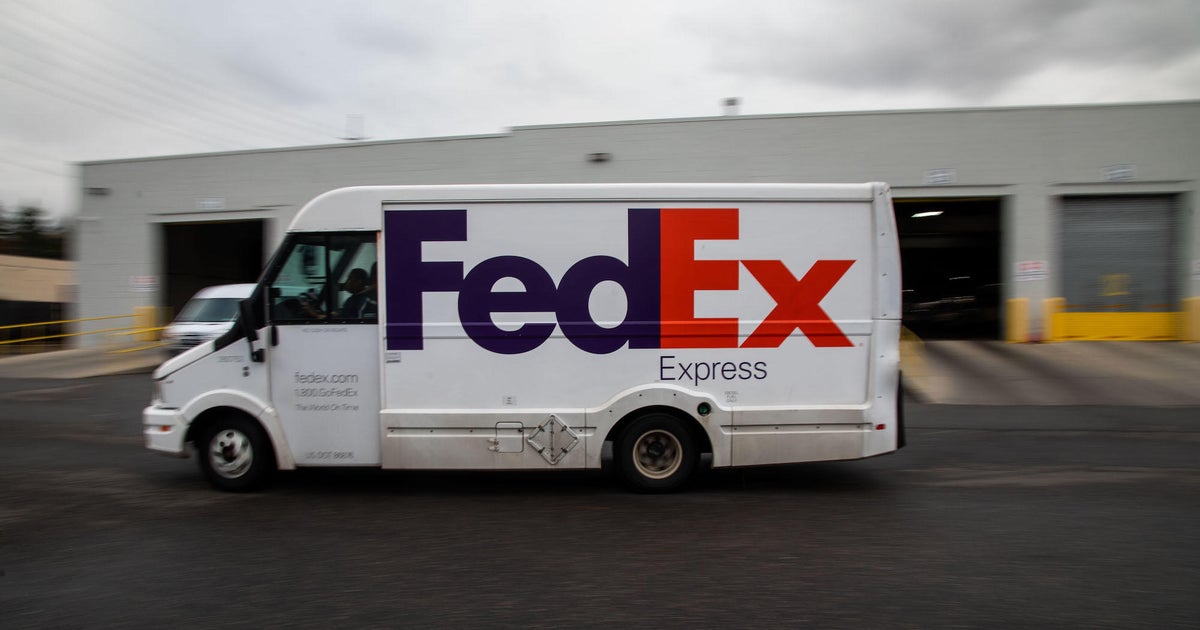Trump insists "testing is not going to be a problem at all"
President Trump and his Coronavirus Task Force on Monday unveiled White House guidelines for states to expand testing and tracing, after the president met with industry executives to discuss the U.S. response to the coronavirus pandemic. The White House guidance provides some assistance to states, but also requires them to forge their own paths.
"The testing is not going to be a problem at all," the president told reporters in the White House Rose Garden.
Admiral Brett Giroir, the assistant secretary for health, confirmed to CBS News that the Trump administration is prepared to send all 50 states enough tests to screen 2% of their population per month for the virus. Testing 2% of the U.S. population per month is roughly 6.6 million people per month. According to a call the Coronavirus Task Force had with governors, Giroir said the federal government will be acquiring swabs and shipping them to one spot in each state.
The plan is somewhat of an acknowledgement from the White House that increased testing is needed, despite the White House's insistence that states have enough testing capacity to begin to reopen if they meet other criteria. The plan does not provide specifics about the supply chain, or a clear road map for growing testing capacity.
ABC News' Jon Karl pressed the vice president Monday on how the administration promised 4 million tests in early March. Pence claimed Karl misunderstood him, and that 4 million tests only meant 4 million available, not completed. The U.S. has completed a little over 5 million tests so far.
The president also alluded he knows how North Korean leader Kim Jong Un's health is doing, amid silence from North Korea, but said he doesn't want to talk about it.
"I hope he's fine, I do know how he's doing," Mr. Trump said, before adding in a subsequent sentence that no one knows where the dictator is.
The Rose Garden event is the latest addition to Mr. Trump's schedule, which initially included a briefing from the White House Coronavirus Task Force. But the briefing was canceled earlier in the day after the president questioned its usefulness. On Friday, Mr. did not take questions from reporters, and on Saturday, he said the briefings were "not worth the time and effort."
"What is the purpose of having White House News Conferences when the Lamestream Media asks nothing but hostile questions, & then refuses to report the truth or facts accurately. They get record ratings, & the American people get nothing but Fake News," Mr. Trump tweeted.
The number of confirmed coronavirus cases in the U.S. is nearing 1 million, and the death toll is roughly 55,000. The president said the U.S. is probably headed to "60,000, 70,000 deaths."
Still, several states are beginning to gradually allow shuttered businesses to reopen and loosening restrictions on residents, while governors in others have extended stay-at-home orders into May.
Mr. Trump tried to paint an optimistic picture of the economy in the months ahead, even as his own top economic adviser Kevin Hassett predicts the worst economy and joblessness since the Great Depression. The president, who until the pandemic had been campaigning on the strong economy, said he thinks the second and third quarters of the year will be solid.
Some governors and Mr. Trump have indicated they are eager to revive the U.S. economy, which was brought to a halt because of the coronavirus crisis, and the president has tapped business leaders across a wide array of industries to study how best to reopen the economy. More than 26 million Americans have applied for unemployment benefits, and White House adviser Kevin Hassett predicted Sunday the unemployment rate could top 16%.
While some are hopeful for a swift economic rebound, others are less confident. Businessman Barry Diller, chairman of Expedia Group, said on "Face the Nation" on Sunday that there is "no chance" the economy bounces back by the summer, and Bank of America CEO Brian Moynihan told "Face the Nation" that his analysts predict it will not be until late 2021 before the economy returns to pre-pandemic levels.



